Five Trends In The Publishers-Sustainability Nexus
Five developments that illustrate how the relationship between sustainability and scholarly publishers is changing over time.
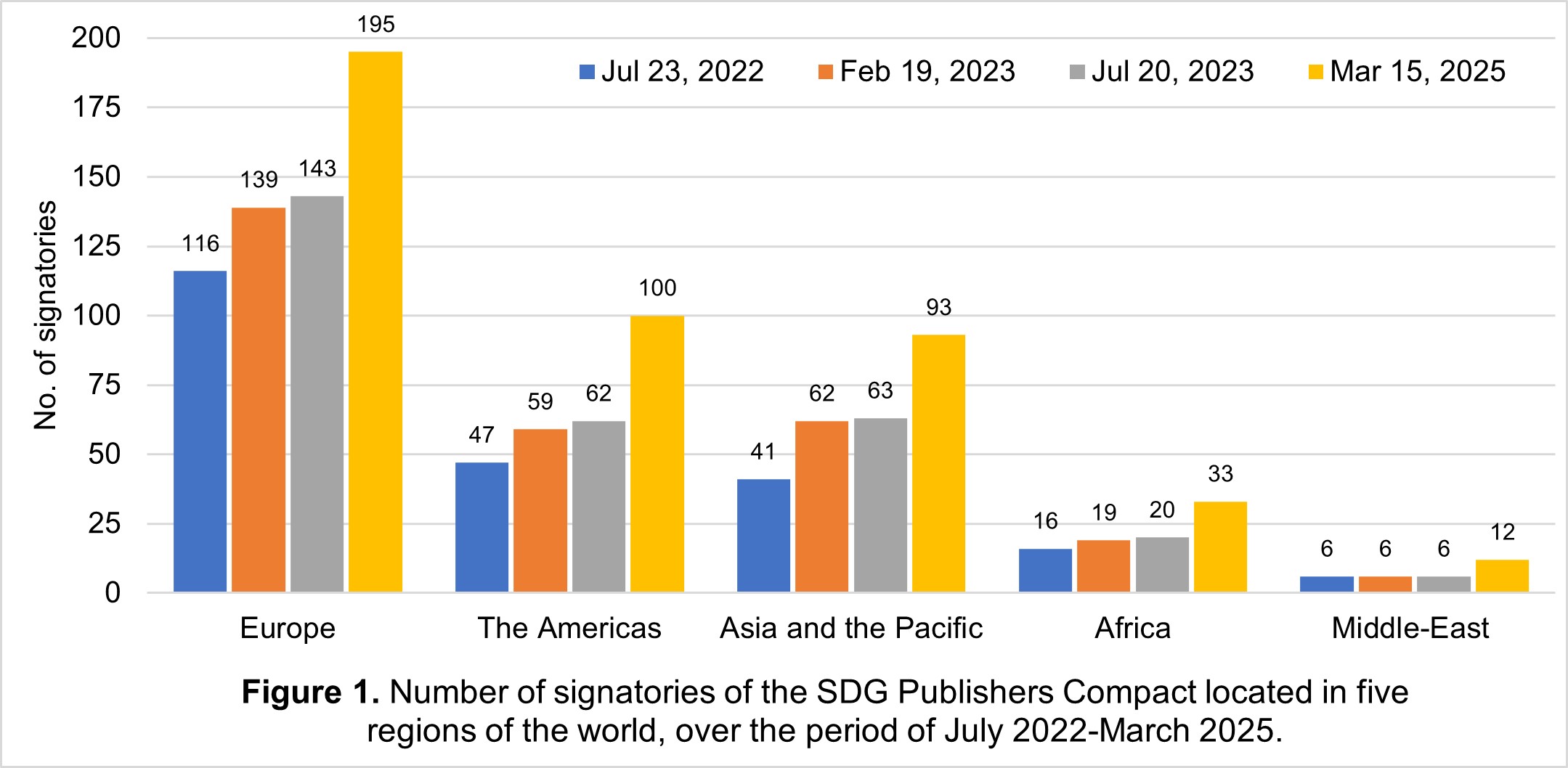
Send us a link
Five developments that illustrate how the relationship between sustainability and scholarly publishers is changing over time.


Analysis finds ‘implausibly high’ numbers of papers from many top scientists.
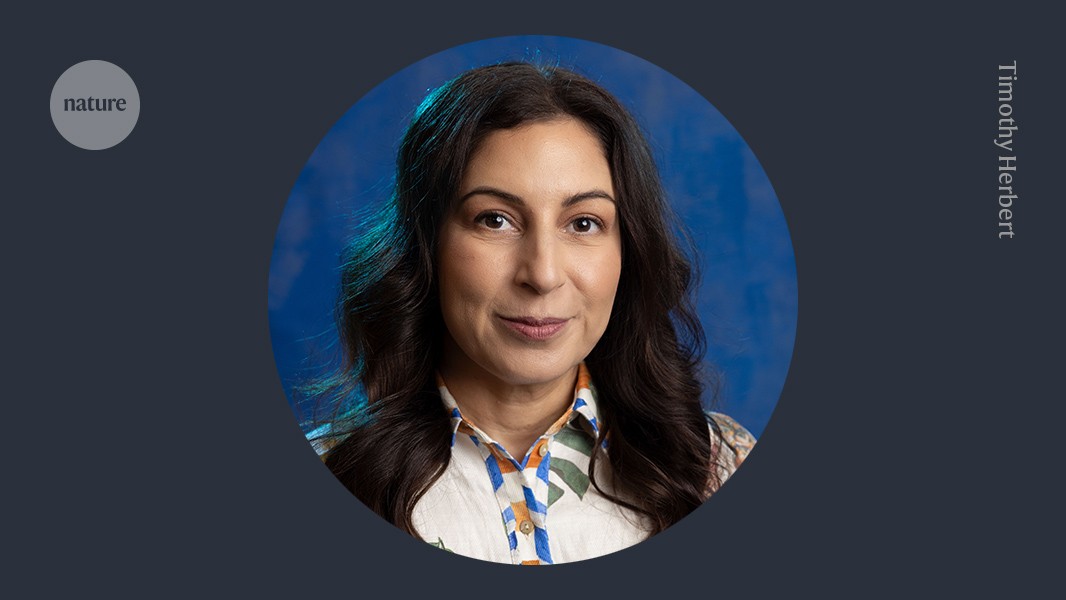

Fake papers are “poisoning the well” for these gold-standard syntheses, researchers say.
Clarivate has decided to continue indexing some content from eLife in Web of Science.

Bringing together a range of studies into various aspects of how preprints interact with the wider information ecosystem, Natascha Chtena, Juan Pablo Alperin, and Alice Fleerackers argue that the speed, accessibility and low barriers to entry that preprints offer to scholarly communication risk being undermined by attempts to make them more aligned to traditional academic publications.

Journal’s policy of publishing all reviewed submissions irrespective of quality conflicts with citation metric’s rules.

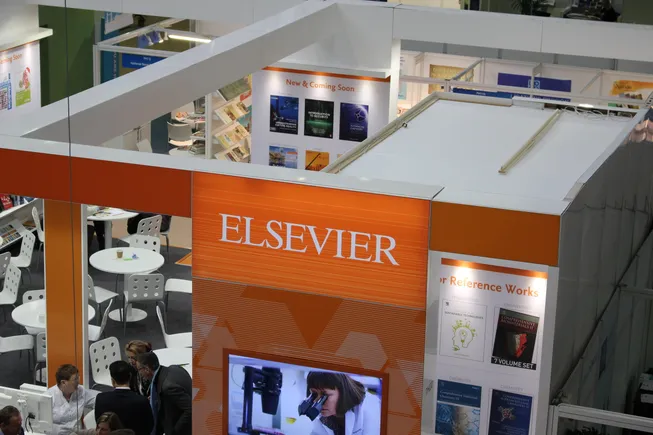
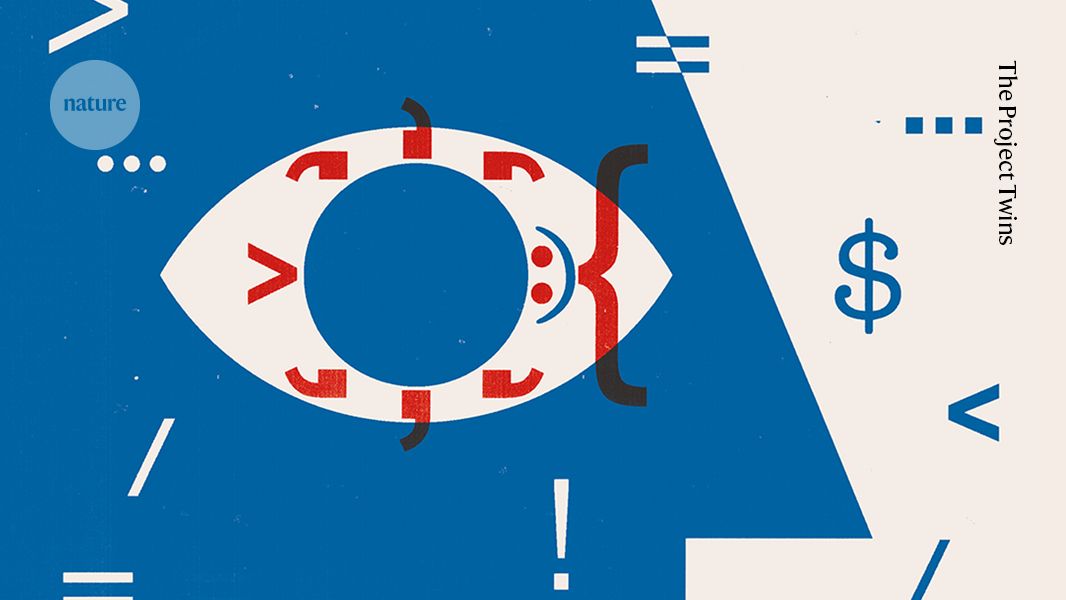

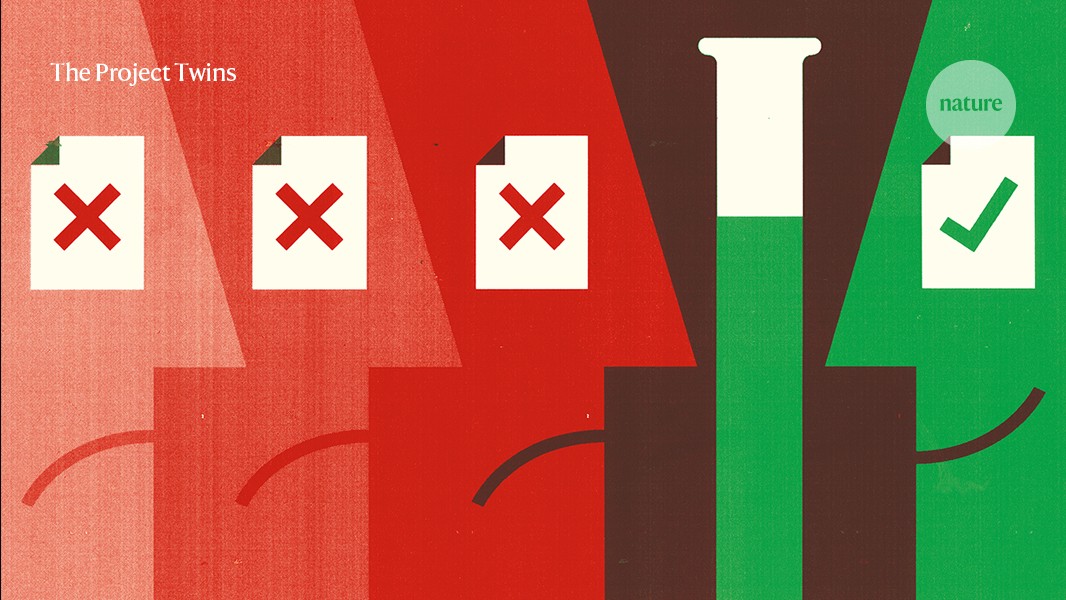
Scientists who spend time peer-reviewing manuscripts don't get rewarded for their efforts. It's time to change that.


Reports of China’s rising scientific dominance over the US and West should be taken with a big grain of salt.

Drawing on findings from a new survey of equity, diversity, inclusion and belonging policies in European academic publishing, Lynne Bowker, Mikael Laakso, Janne Pölönen, and Claire Redhead outline the intersectional nature of scholarly communication’s diversity challenge and present new resources for actors across the system to implement changes.


From the London Book Fair, Wiley today unveiled plans for its new AI-powered Papermill Detection service.

New model aims to learn directly from peers in the Global South on how best to promote equitable collaboration and inclusion in scientific publishing.

The goal of open access is to allow more people to read and use research outputs. An observed association between highly cited research outputs and open access has been claimed as evidence of increased usage of the research, but this remains controversial.


Drawing on a natural experiment that occurred when German institutions lost access to journals published by Elsevier, W. Benedikt Schmal shows how female researchers made significantly different publication choices to their male counterparts during this period.

It is vital that scientists engage in discussions about open access because publishing is rapidly changing, and at the moment, there are no certain outcomes in the long run.
